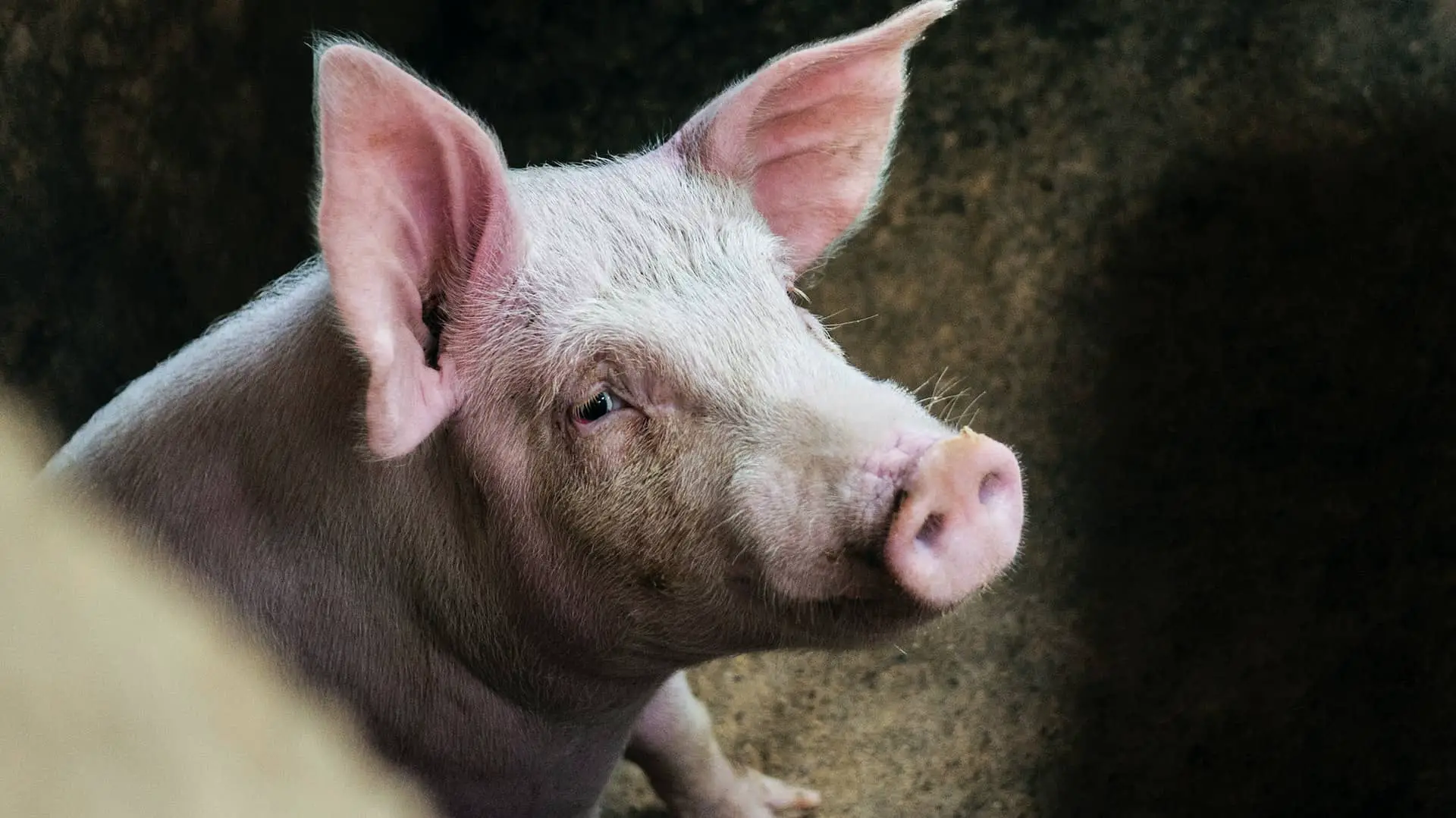News OnTheWight always welcomes a Letter to the Editor to share with our readers – unsurprisingly they don’t always reflect the views of this publication. If you have something you’d like to share, get in touch and of course, your considered comments are welcome below.
This from Maggie Nelmes, Ventnor. Ed
It’s a whole year since a farm animal welfare Bill was introduced to Parliament, but since then no time has been allocated to it.
Rishi Sunak promised that, if he became Prime Minister, he would ‘champion’ the Animal Welfare (Kept Animals) Bill. Compassion in World Farming (CIWF) is asking its supporters to urge the new Prime Minister to honour Conservative Party (Action Plan for Animal Welfare) pledges to:
- Ban live farm animal exports
- Consult for an end to all caging for hens and pigs
- Consult for honest labelling for meat and dairy products
Live Exports
Forty years ago, Margaret Thatcher’s government banned the notorious veal crate, after CIWF took monks to the High Court for rearing calves in crates, which embarrassed the Catholic Church. Veal crates cause terrible and unnecessary suffering to very young calves, kept in dark cages and deprived of milk, making them anaemic, to produce expensive white meat.
Yet, without an export ban, baby calves have ever since been torn from their mothers, loaded onto lorries, and transported across Europe to be reared in veal crates in countries that still have not banned them.
Hellish journeys for sheep
While calves are exported for fattening, sheep are exported for slaughter as soon as they reach their destination. They could have been slaughtered at the nearest abattoir to the farm where they were raised, and the frozen meat exported, saving them these hellish journeys, but in some southern European countries, there is demand for freshly-slaughtered meat.
On these long journeys by road and sea, which can take three days, animals suffer from
- Overcrowding, leading to injury, suffocation and trampling to death;
- Exhaustion and dehydration – they suffer extreme temperatures and are often denied sufficient water, food and rest;
- Pain and stress – farm animals suffer, both physically and mentally, much as we do.
This film below shows calves and sheep being transported from Scotland to southern Europe. They travel for 20 hours before they reach their only rest stop, then travel on a day later.
Transporting live animals from one country to another also risks the spread of disease, such as foot-and-mouth, bovine TB and avian flu.
Caged Farming
Cages confine and restrict. They do not allow animals to exercise their muscles. They cause mental suffering because the animals cannot express their natural behaviour – walk, run, fly, or forage, for example, and they can’t access the outdoors, their natural environment, as it is ours.
Keeping animals in cages is unnecessary and causes terrible suffering.
Intensive farming units
Sows kept in intensive farming units, perhaps 60 per cent of all sows, are separated from their baby piglets by the bars of their farrowing crate.
This is designed to prevent the piglets from being crushed, but it is cruel to the sow because she cannot even turn around and build a nest. She is kept extremely closely confined for five weeks, until her piglets are weaned, preventing her from behaving naturally and causing her great frustration and stress.
Farrowing crates are prohibited under the RSPCA welfare standards for pigs. It states:
“Sows on the RSPCA Assured scheme remain loose-housed at farrowing, either indoors in individual pens with more space to move about and material such as straw to root around in and build nests with, or outdoors in paddocks or runs with access to a dry, bedded, comfortable shelter.”
Watch this delightful video about natural pig behaviour at an RSPCA Assured farm:
A space the size of an A4 piece of paper
Egg-laying hens in intensive units are slightly better off than they were before 2012, when the European Union banned the conventional battery cage, but about 40 per cent of hens are kept in the new ‘colony’ or ‘enriched’ cage.
These provide each hen with a space the size of an A4 piece of paper, which still deprives them of enough room to move about, keep fit and healthy and perform natural behaviours that keep them mentally healthy.
The RSPCA states:
“The RSPCA’s standards for egg-laying hens do not allow birds to be kept in cages… ever.
“Birds may only be kept on free-range farms or in large barns where they are free to roam around and better able to perform natural behaviours like nesting, perching and dust bathing.”
Measures to prevent negative behaviour
Hens kept indoors need ‘enrichment’ objects, such as nestboxes, perches, straw bales and pecking objects.
Otherwise, they are more likely to resort to negative and harmful behaviours, such as pecking out their feathers.
Watch this lovely video about life on an idyllic RSPCA Assured egg-laying farm:
Food labelling for an informed choice
If farmers are to be encouraged to adopt higher welfare standards voluntarily, the Government needs to legislate for greater transparency in food labelling to give the consumer an informed choice.
Higher welfare standards incur higher costs, but generally produce higher quality.
If people are not prepared to pay more, or cannot afford to, they have the option to eat less meat and dairy, or cut it out altogether. It is not essential for a healthy diet.
Email the Prime Minister
Please join CTWF’s campaign by personalizing this email to new Prime Minister, Rishi Sunak, urging him to honour his Party’s pledges, by delivering a ban on the live export trade and urgently bringing forward consultations on ending cruel cages for sows and laying hens, and on animal welfare food labelling.
Email the new PM today via the CIWF Website.
Image: phoenix han under CC BY 2.0





